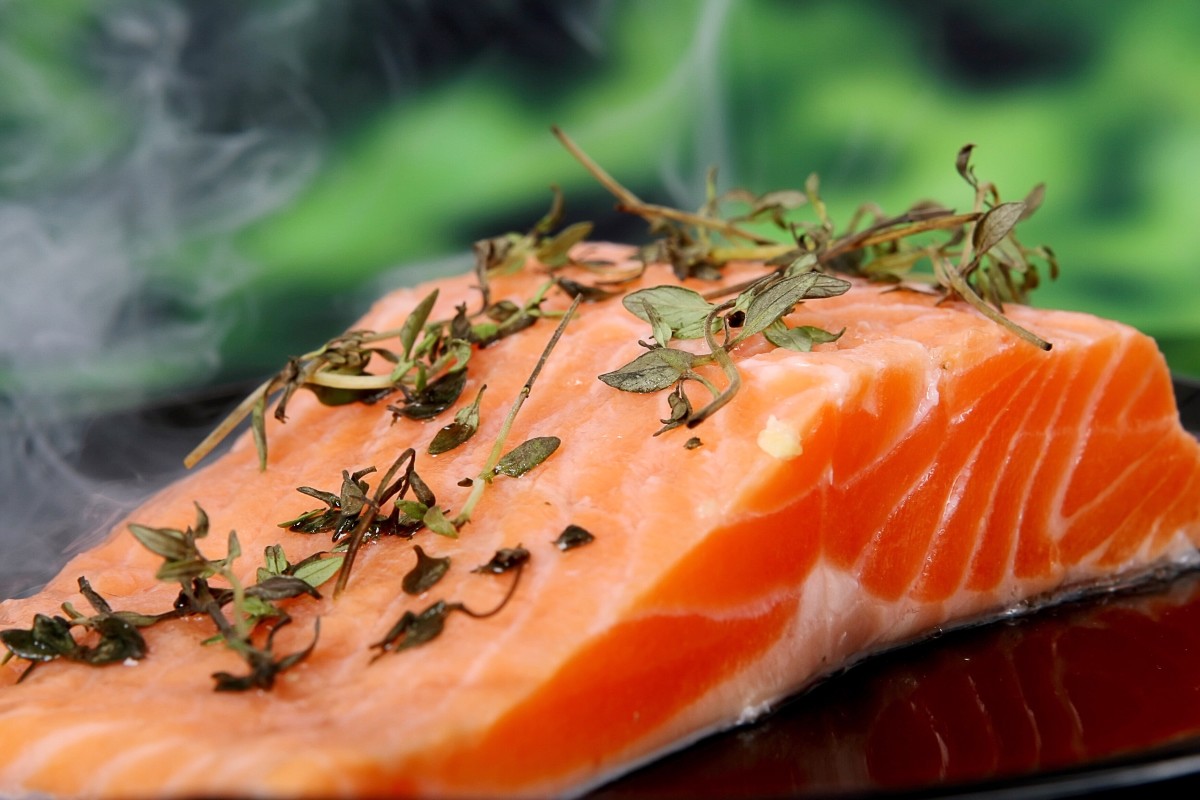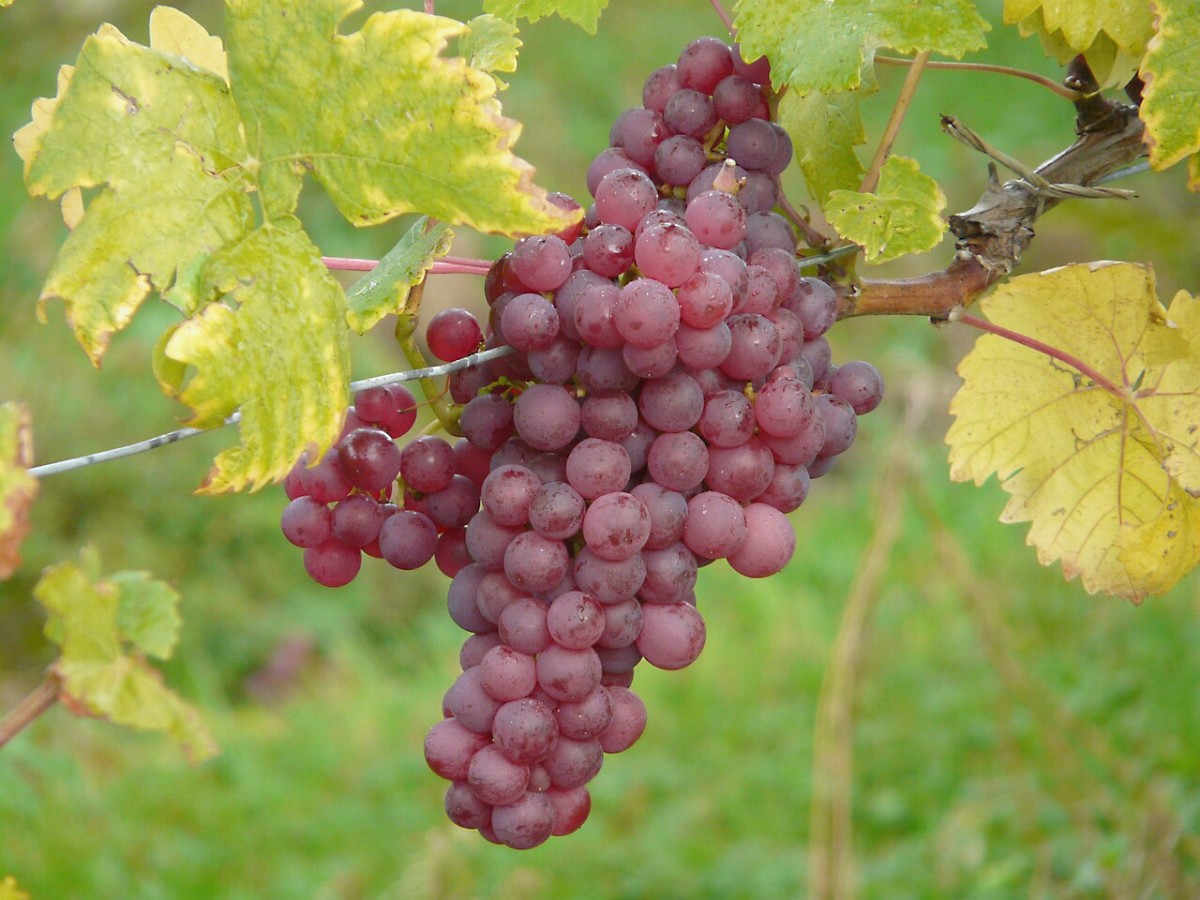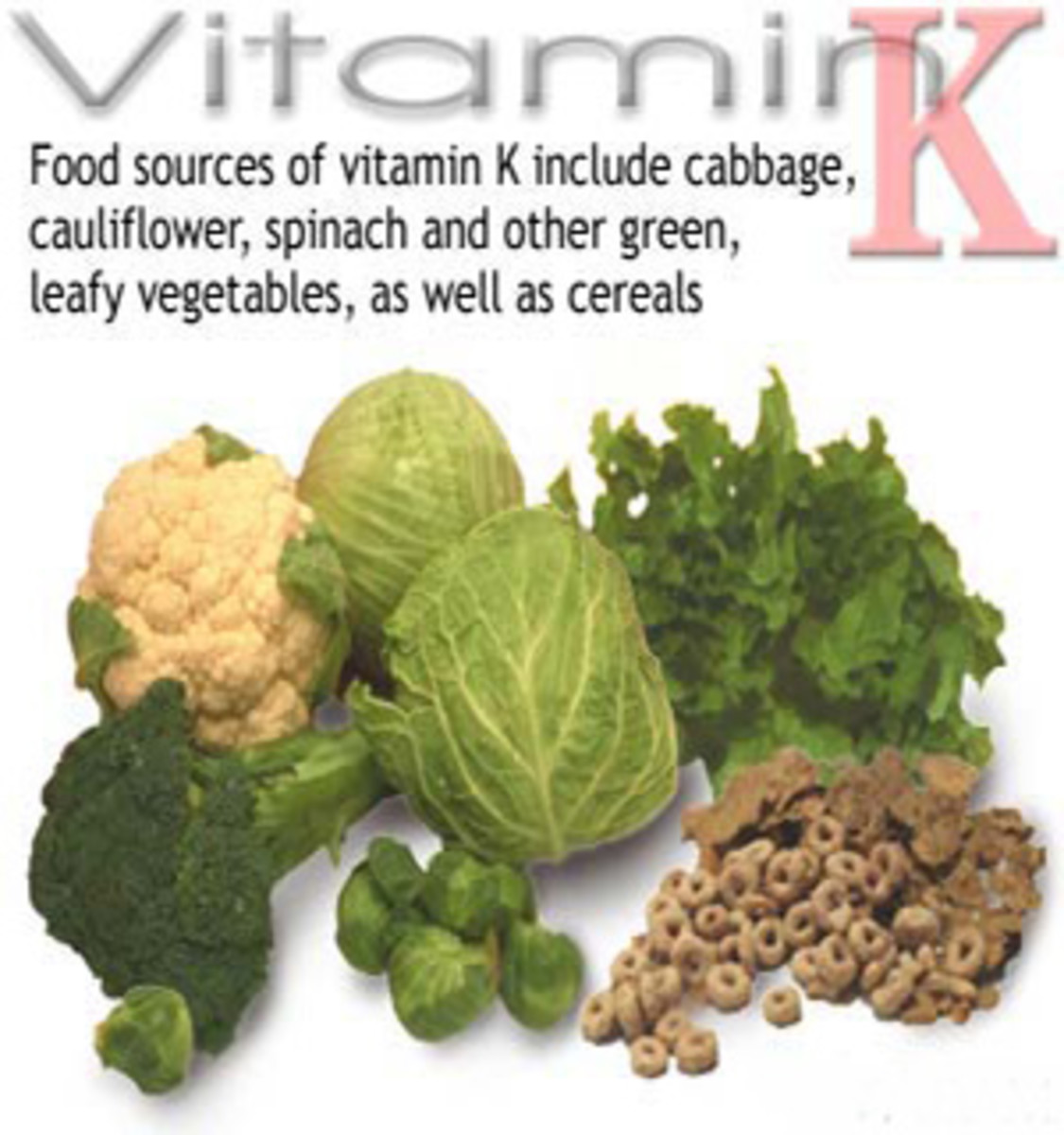Diet and Depression: What Food to Eat and What Food to Avoid?

Depression. Nowadays, this word is frequently used in our daily life chore. That word we usually relate to anything bad/ worse happened in our life we live. But as far as depression is concerned it is new to any single word can define.
It slowly and steadily makes space in a person’s life to a level that it is difficult to explain where it’s all started. And then, everything is changed, the famous black cloud is upstairs. Depression is what you feel too hard, so low to everything you enjoyed previously. The routine you follow was no more the same you drag yourself out of bed every morning. You find it harder and harder to overwhelming you in such a way you never imagine before.
Around the globe, more than 264 million people of all ages suffer through depressions (World Health Organization). Although there are known, effective treatments for mental disorders (Depression). However, medical treatment and psychotherapy can help a lot to slow down symptoms, but daily life remedies, like a healthy diet, can also enhance one’s well-being.
Food plays a vital role both in physical as well as mental health. Various nutritional imbalances cause depressions. When you are struggling with mental illness, it is hard to think about eating precise food. But these small changes in your diet may slow the signs and lead a positive impact on your lifestyle.
In this article, we overview some foods and nutrients that help and some that need to avoid. If you are suffering from depression concern your doctor’s advice before going for supplements, maybe they interfere with other medications.
Food need to eat
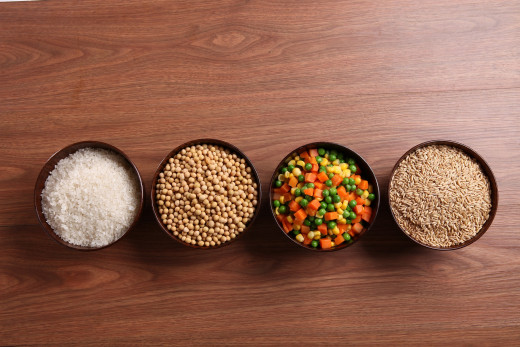
Food rich in Selenium
Depression symptoms include mood and anxiety. The intake of food rich in selenium might help to boost mood and ease anxiety, quiet possible to easily manage depression.
__Selenium is an important mineral having antioxidant properties, mainly used for bodily functions, helps to reduce cognitive risk or mental health.
Selenium is mainly found in several foods, like
- Whole grains
_offer fiber which maintains a good gut and supports your brain. This gut-brain nexus is unique thanks to the vagus nerve, and help you to perform at your best.
- Nuts
_ includes cashews, Brazil nuts, hazelnuts, and walnuts are rich in omega-3 fats. Being rich in omega-3 and a high source of protein helps to maintain blood sugar.
- Seafood
_the American Psychiatric Association certified that fatty acids found in fish play an effective role in depression treatment.
Vitamin D
Vitamin D plays a vital role to mend the symptoms of depression, a study published in the Journal of Postgraduate Medicine (2019) explores that most of the vitamin D is obtained through the sun, but some food is also enriched.
These foods are
- Fish
- Dairy products
- Beef, organ meat, etc,
- Egg
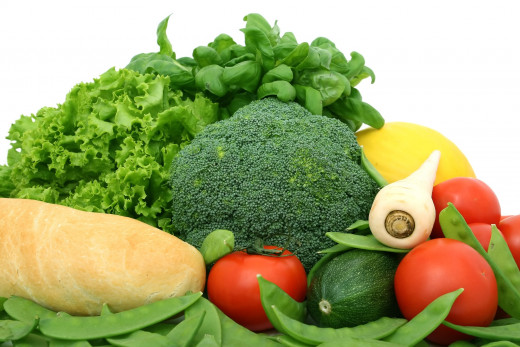
Vegetables
Intake of veggies in your daily meal is important, with depression eating vegetables can be helpful. The amount of low folate is also one of the reasons for depression.
Folate_ belongs to the vitamin B family and helps make red blood cells.
Especially in the leafy green vegetables are the fine source of folate and help to boost your mood and sugar level.
These vegetables include
- Brussels sprouts
- Kale
- Spinach
- Watercress
- Fruits and Juices etc
Probiotics
Deeper we go more we find the link between mental health and good health. Numbers of studies established that bacteria we called “Good Bacteria” live in our gut play a vital role in our mood by reducing inflammation, produce positive and calm feelings.
Foods rich in probiotics
- Yogurts
- Kefir (fermented probiotic milk)
- Miso
- Pickles
- Kimchi
- Kombucha
- Sauerkraut (fermented cabbage)
- Some cheese
Food need to avoid
Some food may boost the issue of depression. Hence, it’s important to know about what is harmful to you when you are coping with depression. Some of them are discussed below:
Sugar
We all are aware of that sugary substances and drinks are not good for health. There is a close impact of sugar on your mood. Like the food around us such as cookies, cakes, drinks, cereal, sauces, creams, and many more.
Be mindful of what to choose, you may be surprised as to how many foods are seeming as ‘healthy one,’ but contain an extra amount of additional sugar. For this purpose you may look for the following sugar terminologies:
- High fructose corn syrup
- Dextrose
- Maltose
- Sucrose
- Lactose
- Fructose
Limit the foods high in sugar, to keep your blood sugar levels more stable during the day can help to maintain your mood more balanced.
Alcohol
There is a clear nexus between alcohol and depressions. You need to limit the alcohol if you are struggling with depression. Because alcohol can worsen or prompt new spells of depression and anxiety.
Consuming alcohol will not solve any problem but can lead to many further complications, like accidents, personal issues, unemployment, and ill well-being
According to the “National Cancer Institute” limiting alcohol to one day on drink may have a great risk of some types of cancer. Which leads to ill health, which in turn leads to additional depression.
Refined foods
Mobile foods, such as fast and junk food, contain high calories and low in useful nutrients. Many studies have proposed that people who eat lots of fast food are more probable to have depression than those who eat regularly fresh food.
Treated foods are especially high in sugar and refined carbs, when a person eats, the body’s energy levels surge fast but then slows. It is on top to go for fresh, nutrient enrich, foods that are responsible for a stable source of energy whole day
Caffeine
A moderate amount of caffeine is beneficial for people who are suffering from depression. These benefits could be due to caffeine stimulating outcomes and antioxidants properties.
Caffeine is found in coffee, tea, chocolate, sodas, and energy drinks. Also, caffeine is best when consuming it only in moderation, avoid foodstuffs with great caffeine content, such as energy drinks, and avoid caffeine after noon.
The best alternative to coffee and energy drinks is green tea. Green tea offers such an amino acid that contains anti-stress properties and helpful for those with depression.
Conclusion
What we eat our body reacts to it, so make your choices better every day so your body function at its top. There is a lot of food good for your brain but concerned a doctor can often suggest an appropriate treatment to manage the symptoms of depression, and with them, one may by adopting a more healthful diet.
This content is accurate and true to the best of the author’s knowledge and is not meant to substitute for formal and individualized advice from a qualified professional.

